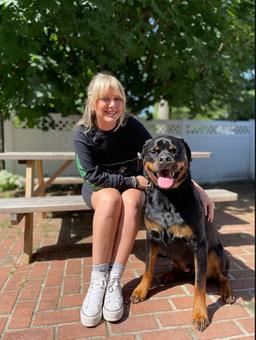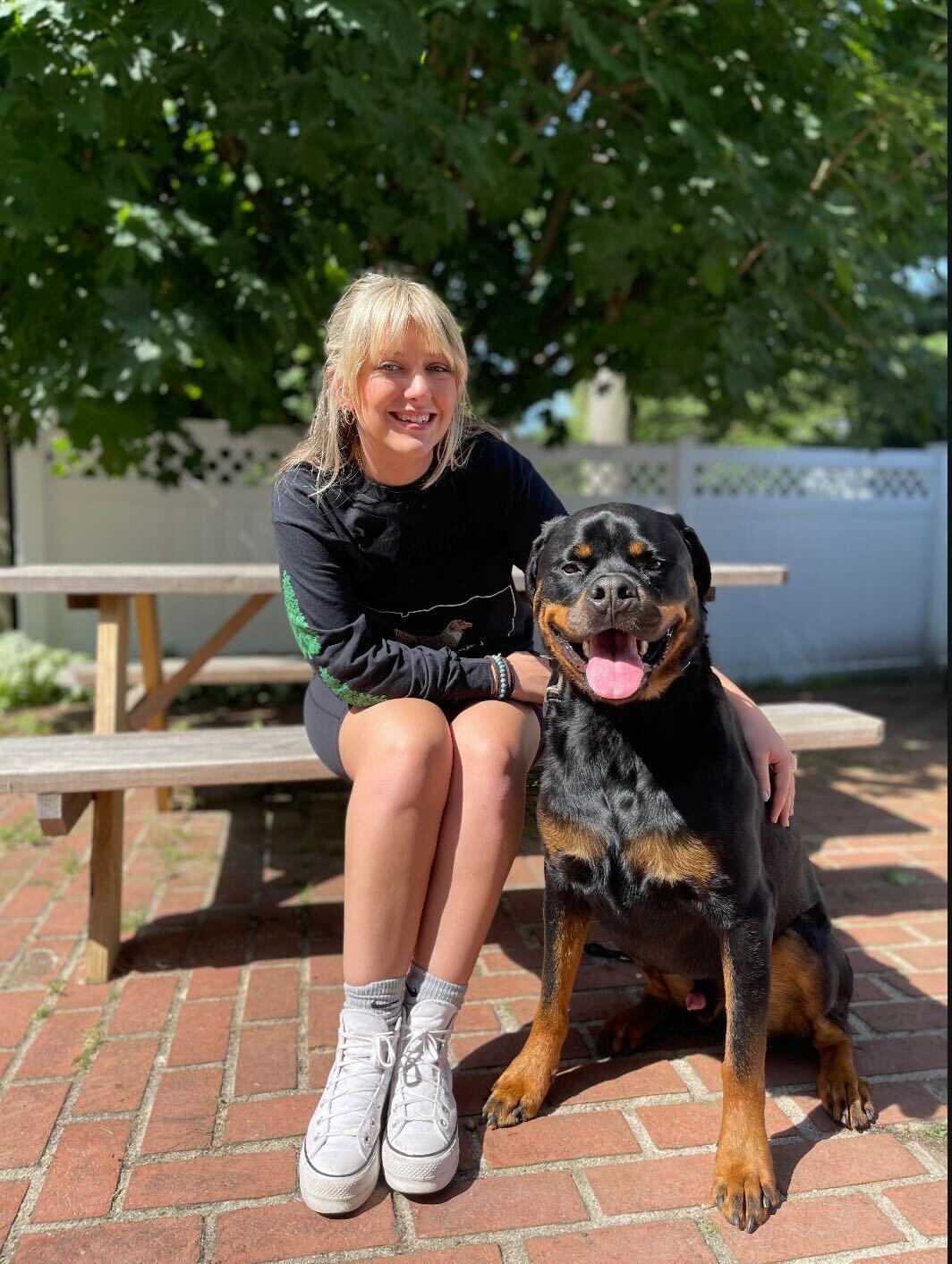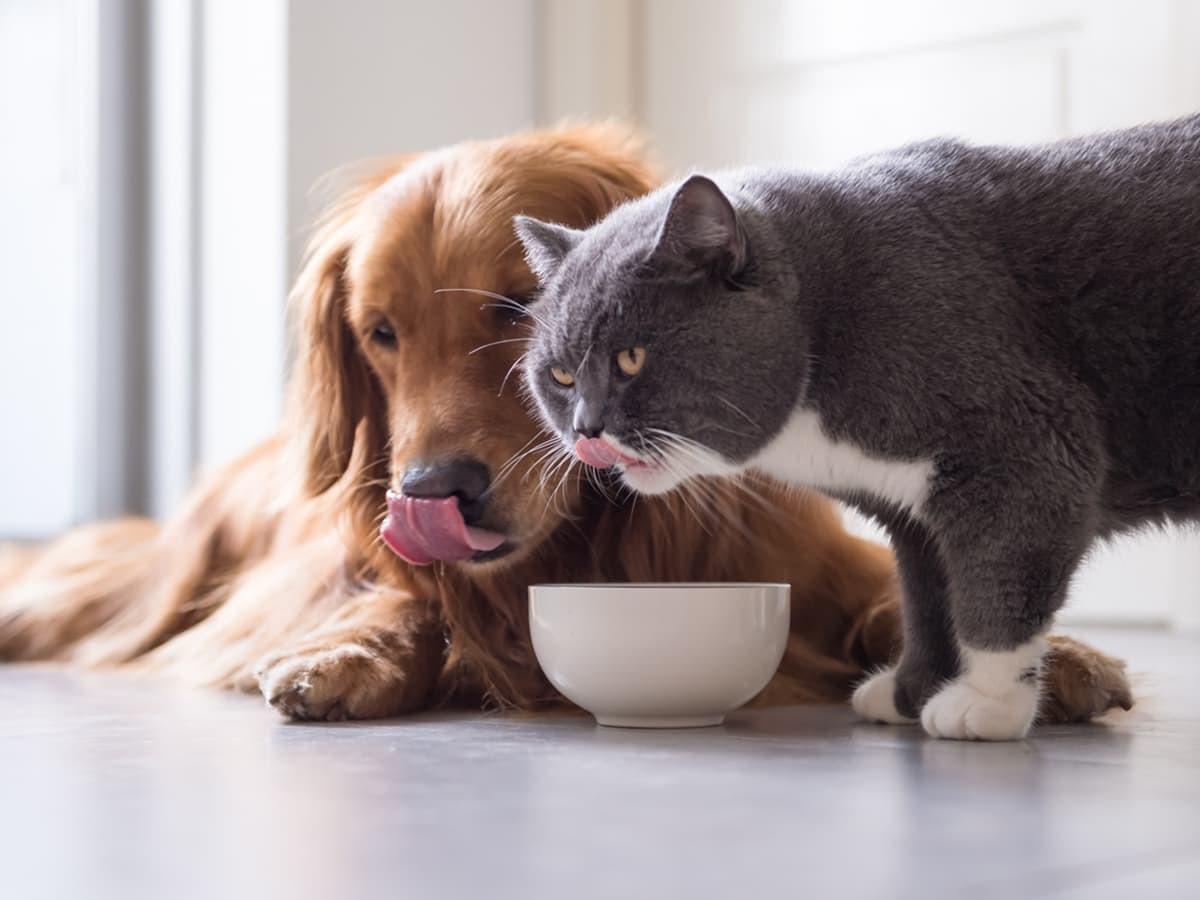Have you ever caught your dog sneaking a bite (or more) of cat food? It's a common scenario that leaves many dog owners wondering: is cat food bad for dogs? While the occasional nibble might not cause immediate harm, it's crucial to understand the risks associated with dogs eating cat food and why it's not a suitable substitute for their diet.
Why is Cat Food Bad for Dogs?
The simple answer is yes, cat food is not ideal for dogs and can be harmful in the long run. Let's explore the reasons behind this.
Nutritional Imbalance
Dogs and cats have distinct nutritional requirements. Cats are obligate carnivores, needing a diet primarily composed of animal protein. Dog food, formulated for omnivores, contains a balanced mix of protein, carbohydrates, and fats. This difference between cat food and dog food is key. Feeding your dog cat food can lead to nutritional deficiencies and health issues over time.
Dangers of Specific Ingredients
Cat food often contains higher levels of certain ingredients that can pose problems for dogs:
Taurine: Essential for cats, excessive taurine can lead to heart problems, kidney issues, and reproductive problems in dogs.
Ash: High ash levels in cat food can contribute to urinary tract problems and crystal or stone formation in dogs.
Fat: Cat food's higher fat content can cause obesity, pancreatitis, and other health concerns in dogs.
What Happens if My Dog Eats Cat Food?
If your dog occasionally eats a small amount of cat food, it's unlikely to cause immediate harm. However, regularly consuming cat food due to its nutritional imbalances can have serious long-term consequences.
Short-term vs. Long-term Effects
A small amount of cat food might cause mild digestive upset, such as vomiting or diarrhea, which usually resolves on its own. However, long-term consumption can lead to more significant health issues.
Symptoms to Watch For
If your dog consumes a larger amount of cat food, monitor them for:
Vomiting and diarrhea
Lethargy
Loss of appetite
Dehydration
When to See a Vet
If your dog exhibits these symptoms or has eaten a lot of cat food, consult your veterinarian immediately. They may recommend inducing vomiting, provide supportive care, or run tests.
Why Does My Dog Prefer Cat Food?
You might be wondering, "Can dogs eat cat food if they seem to enjoy it so much?" Cat food is much higher in meat-based protein than dog food, making it more appealing to dogs due to its strong meaty smell and flavor. However, just because they crave it doesn't mean it's healthy for them.
How to Prevent Your Dog from Eating Cat Food
Feed your pets in separate areas.
Elevate your cat's food bowl.
Use puzzle feeders for cats.
Train your dog with the "leave it" command.
Alternatives to Cat Food for Dogs
Instead of cat food, offer your dog healthy dog treats like small pieces of cooked chicken, carrots, or blueberries.
Expert Insights From Spot
While sharing healthy snacks with our pets can be enjoyable, it's important to be mindful of their overall diet. Spot's internal data shows that pet insurance claims for dietary indiscretions average $642*, highlighting the importance of moderation and proper research before sharing snacks with your pet.
Conclusion
While a curious nibble of cat food might not be immediately detrimental, it's crucial to remember that cat food is bad for dogs in the long run. The nutritional differences can lead to various health problems. By understanding the risks, preventing access to cat food, and providing appropriate dog treats, you can ensure your furry friend stays happy and healthy. Remember, when in doubt, consult your veterinarian for personalized advice on your dog's diet and well-being.

I’m Charlie: canine enthusiast with a knack for figuring out why my dog, Dallas, is more infatuated with tennis balls than me. My lifelong passion for dogs has created a dedication to help other pet parents better understands their furry family members!
*Jan 2019 to Aug 2024 Spot Pet Insurance Services, LLC claims data.
Burke, Anna. "Can Dogs Eat Cat Food?" American Kennel Club, 06 Jun. 2024, https://www.akc.org/expert-advice/nutrition/can-dogs-eat-cat-food/.
"What Should I Do if My Dog Eats Cat Food?" Bottletree Animal Hospital, n.d., https://bottletreeanimalhospital.com/blog/dog-eats-cat-food.
The information presented in this article is for educational and informational purposes only and does not constitute or substitute for the advice of your veterinarian.












